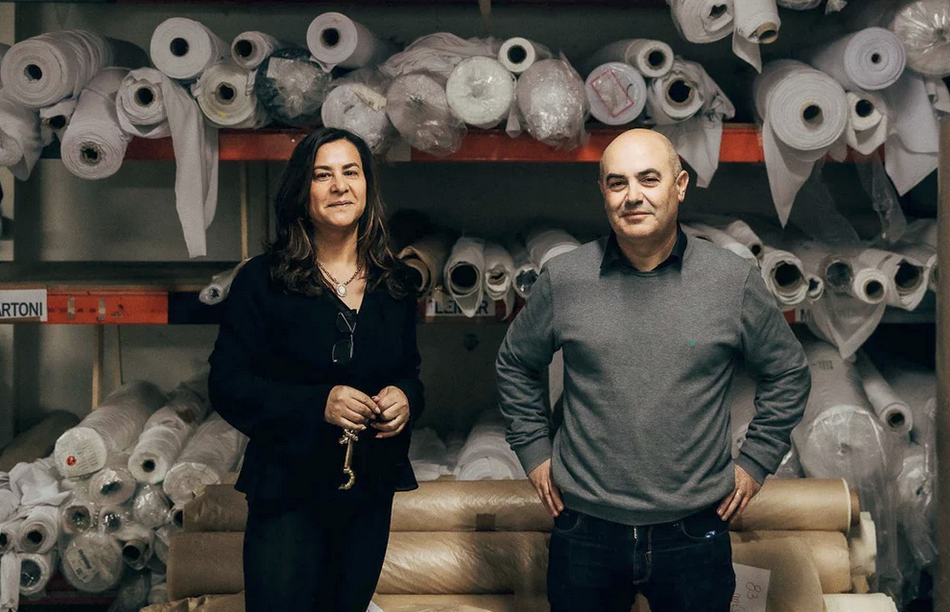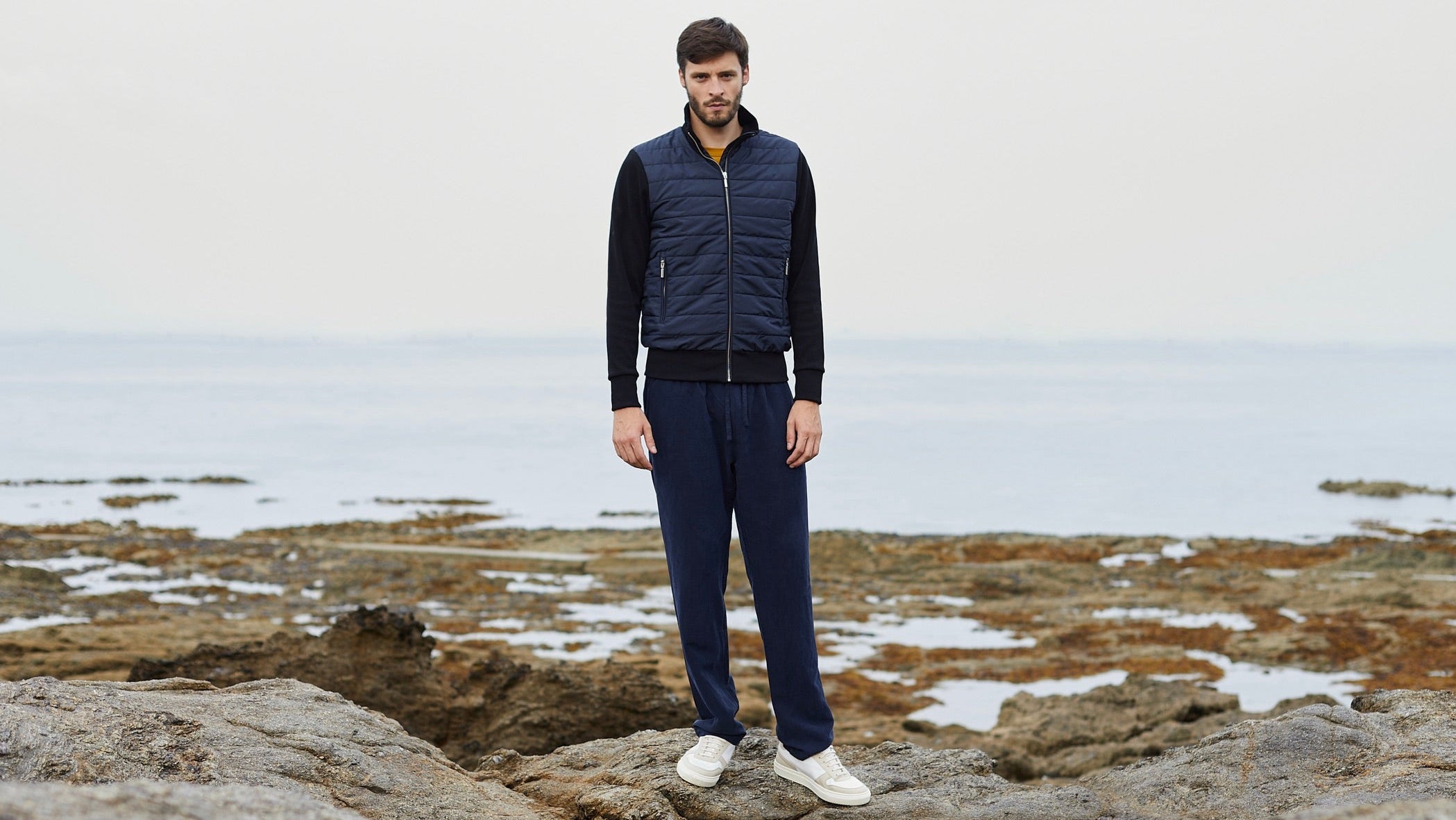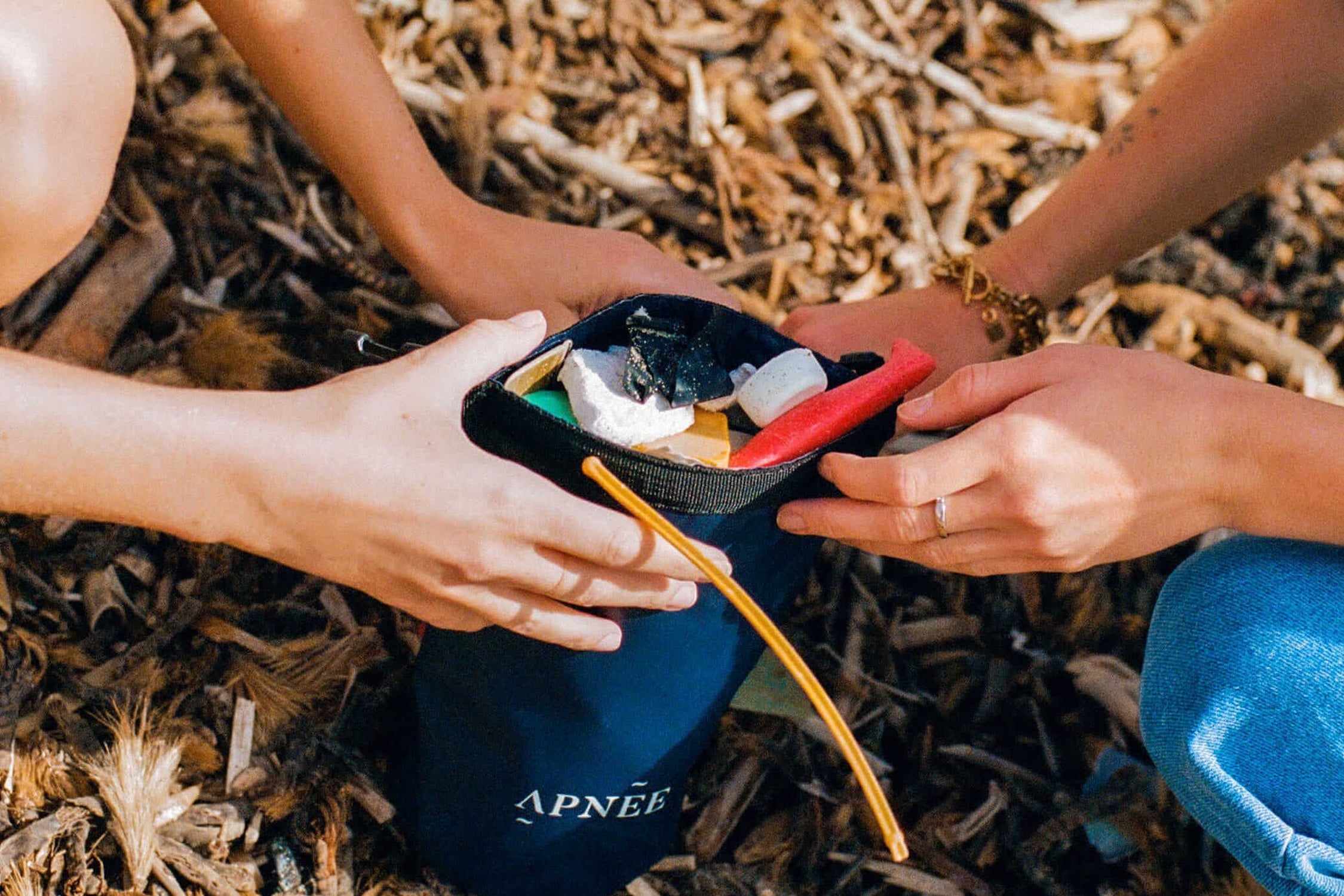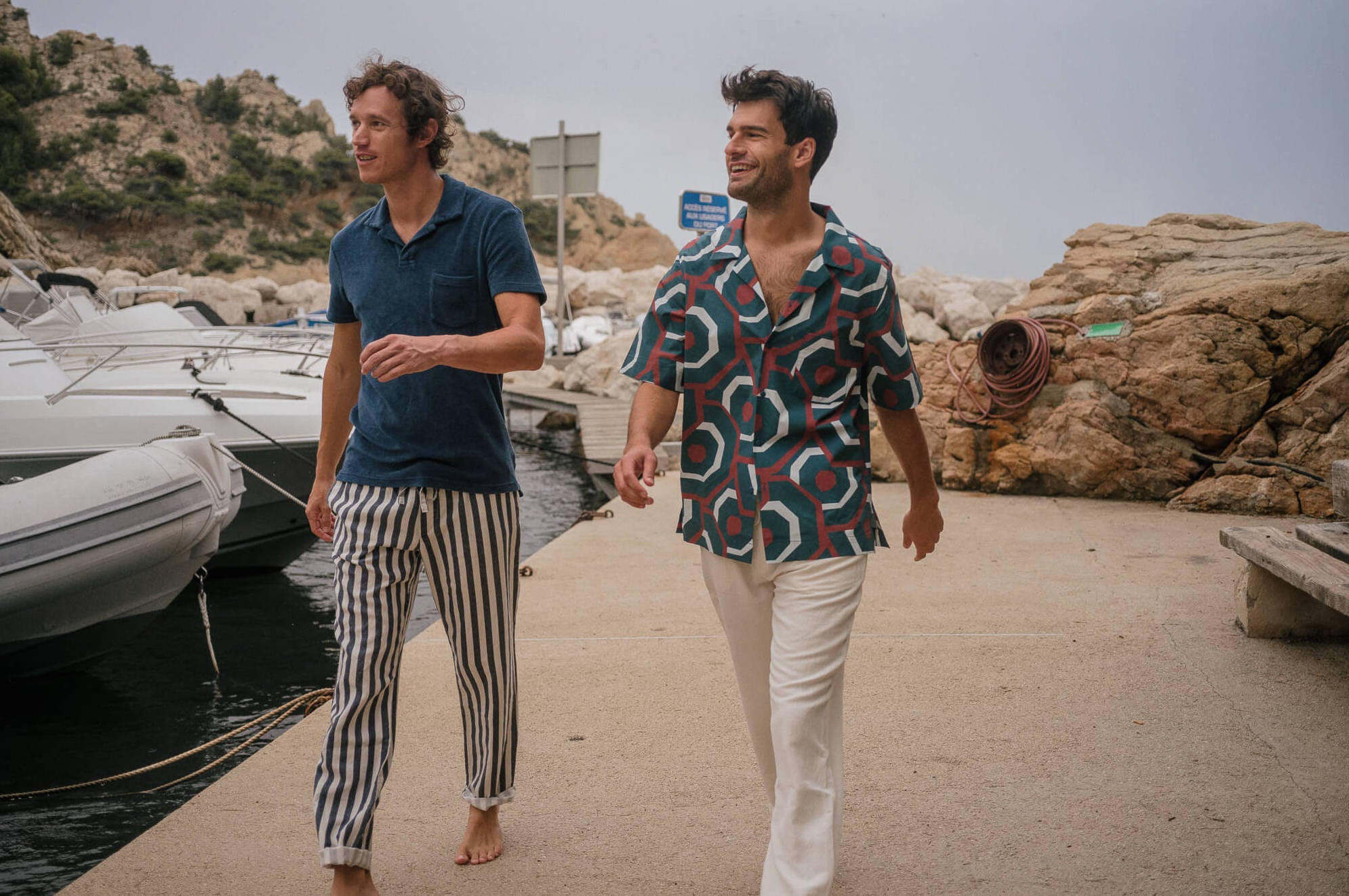In the world of fashion, two models of consumption are competing: fast fashion, synonymous with rapid production and overconsumption, and slow fashion, which advocates a more sustainable and ethical approach. Understanding the differences between these two systems helps us understand why the shift to more responsible practices is essential for the future of our planet.
Fast fashion: a fleeting trend with irreversible consequences
Fast fashion relies on the mass production of low-cost clothing to meet the demand for constantly renewing collections. However, this model comes at a huge environmental and social cost. The fashion industry generates around 10% of global carbon emissions and uses staggering amounts of water: for example, a single pair of jeans can require 7,500 liters of water . Furthermore, millions of tons of textiles are discarded each year, creating a colossal amount of waste. Not to mention the often precarious working conditions for workers in producing countries, where wages are low and safety standards are insufficient.
Slow fashion: sustainable elegance
In the face of these abuses, the slow fashion movement offers a more respectful alternative for the environment and workers. It is a slower and more thoughtful mode of production, favoring quality, sustainability, and ethics. Slow fashion brands, like ours, Apnée , are at the forefront of this transition. At Apnée, we specialize in the production of eco-responsible swimwear. We are committed to using recycled materials and reducing the ecological impact of each creation. By investing in slow fashion, consumers buy less but better: clothes designed to last, made in conditions that respect workers and the planet.
Why change is inevitable
The fast fashion model, focused on the rapid obsolescence of clothing, is not sustainable in the long term. The pressure it places on natural resources and populations is unsustainable. In contrast, slow fashion encourages more thoughtful and sustainable consumption, where each piece is an investment in both style and the future of the planet. By supporting brands like Apnée, consumers have the power to reduce fashion's ecological footprint and support a model where ethics take precedence over short-term profitability.
Adopting slow fashion means choosing clothes that respect the planet, its resources, and the people who produce them. Change is necessary, and every little bit helps to build a more responsible future.
Apnée: the model of a brand invested in slow fashion
At Apnée, we stand out for our strong commitment to slow fashion. We design swimwear using recycled materials, such as fishing nets and plastic bottles recovered from the oceans, thus reducing our environmental impact. By choosing local production in Europe (mainly Portugal), we promote ethical working conditions and support short supply chains. We produce few collections. These are timeless and designed to last, opposing the ephemeral logic of fast fashion. We encourage thoughtful consumption, where quality, sustainability, and responsibility are at the heart of each product.
You can also be part of the adventure by supporting the associations we work with: Coral Guardian and Wings of the ocean .











